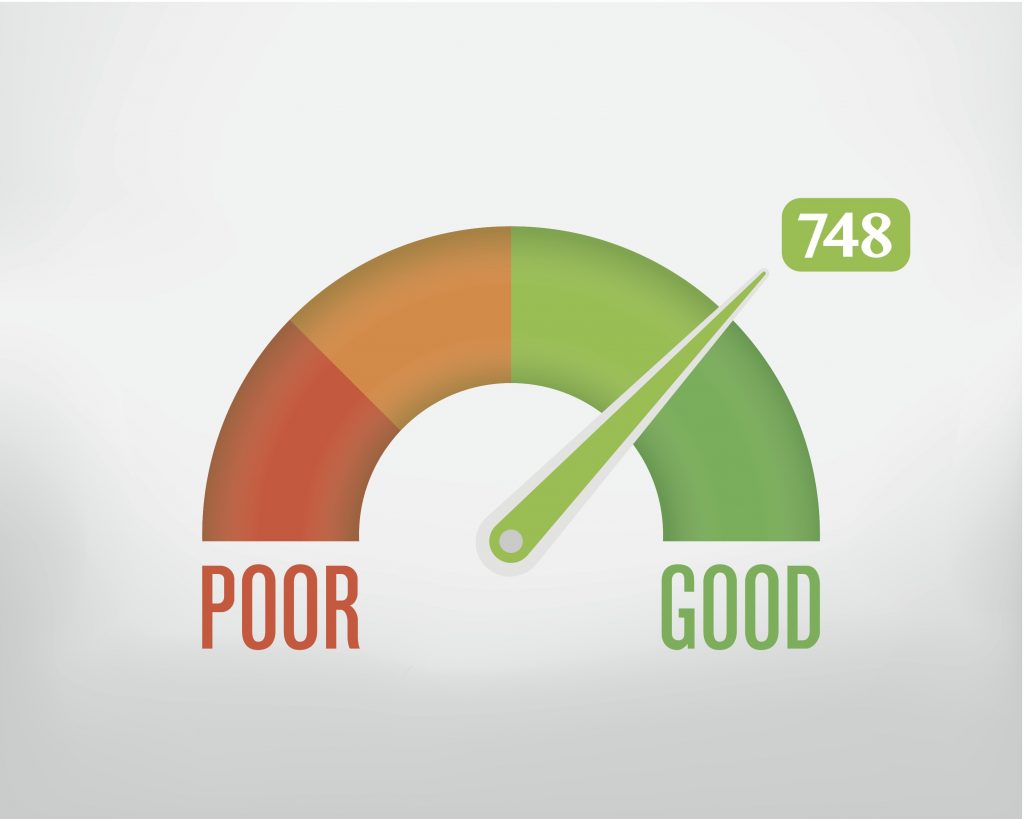In April, CNN reported that the Mayweather-Pacquiao boxing tickets were selling for a record $8,800 on the resale market. The cheapest floor seats were selling for $28,080. As the sports industry turns into a billion dollar industry, everyday sports fans are squeezed out of stadiums due to rising costs.
But there are ways to see just about any game at a discount. With careful research and planning, plus a little creativity and innovation, you can see a sporting event for free or at a discount.
Get creative with your accommodations
It’s entirely possible to book a room near the biggest college football game of the year for a fraction of the price. Use your frequent flyer miles and reward points to land a room. Reward credit cards like Starwood don’t have blackout dates. As long as there’s a room open, you have the option to book it with your available points.
If a hotel is out of reach, look within 30 miles of the game and Airbnb it. Accommodations range from the rental of an entire house for your family, or a comfortable bed and bathroom in a private room or basement. Look for solid reviews from people who have stayed with the host before, and book a room near public transportation if needed. Some Airbnb hosts will even pick you up at the airport or train station.
Of course, bringing the RV and tailgating is also a popular option. Camping near a stadium could save even more with a $50 campsite. In the morning, pack up the car and head to the game to grill with friends and family.
Scour for sponsored tickets
It’s not unusual for sponsored tickets to go unused because no one can go to the basketball game that night. Instead of sitting courtside or in box seats with a full bar, ticket holders are stuck at work or don’t have time to squeeze in another game. Usually given to companies from their vendors like FedEx or even a plumbing company, these tickets sweeten the business experience.
Push out a message on social media to let your network know you’re looking for tickets to a specific game. Ask if anyone has corporate sponsor tickets, or even just an extra ticket they don’t want to go to waste. If you come up empty, send out another push a few days before the game to see if anyone has a last-minute change.
Volunteer to usher
See a baseball game for free by volunteering to usher. You may even score a paid job for the season, putting money in your pocket while indulging your passion for sports. The upside is you’ll have early access to the stadium, get to meet lots of fans and mingle with the crowds. The downside is you’ll get distracted and miss big plays while answering people’s questions and directing them where they need to go.
Find free sporting events
Skip the real game and head to a qualifying tournament instead. The U.S. Open usually holds qualifying tournaments in Queens that are free to the public. Free seats are up for grabs at special practice days and a kids’ day. Check listings for games in your own area from college basketball to hockey games to find preview and practice seats.
Organize a group
Organize a group at work, a civic group or a member organization to get discounted bulk tickets. For example, PNC Arena extends discounted group tickets through their group sales department.
If you don’t have a group to organize, look to Groupon. The site runs deals for everything from jewelry to sporting tickets at a steep discount. When enough people buy the deal, you snag the discount. And if there’s not enough interest, the deal is canceled, and your card isn’t charged. Expect to see up to 50 percent savings and sometimes more.







